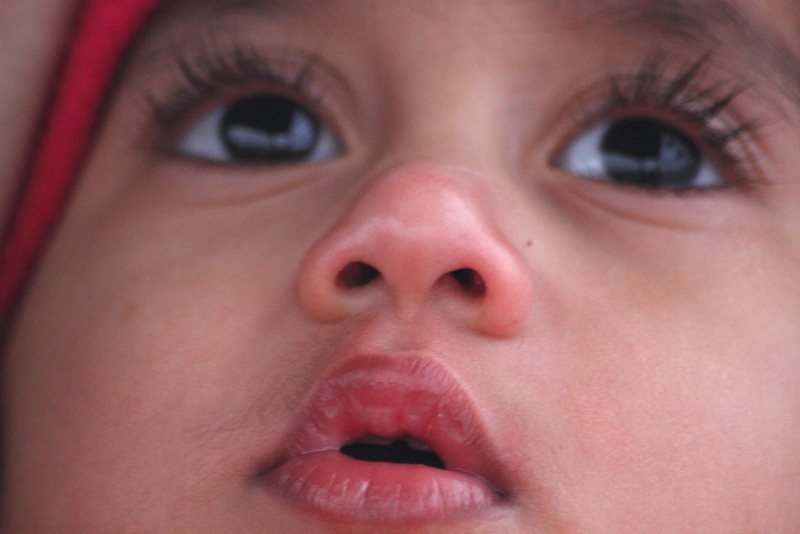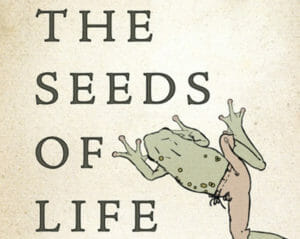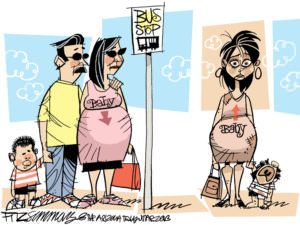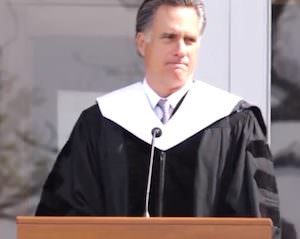Bilingual Babies Can Differentiate Languages Earlier Than Expected
A new study finds that bilingual infants can identify which words in a phrase belong to each language they know. _paVan_ / CC BY 2.0
_paVan_ / CC BY 2.0
A new study recently published in the Proceedings of the National Academy of Sciences journal finds that several months before they reach the age of 2, bilingual infants can identify which words in a phrase belong to each language they know and, thus, according to the researchers, “efficiently and accurately process two languages.”
From The Independent:
24 French-English children were shown pairs of photographs of familiar objects and listened to sentences in both a single language (“Find the dog!”) and a mixture of two languages (“Find the chien!”).
In a second test, they heard language switches that crossed sentences, named code switches, which are regularly spoken by children in bilingual households i.e. “That one looks fun! Le Chien!”
Through eye-tracking measures, the researchers were able to determine the infants’ cognitive efforts, in other words, how hard their brains were working to understand what was in the photographs being shown to them.
When they heard the language switches, their pupils dilated, proving immediate comprehension.
As the above article later points out, this news bodes well for those intending to raise children in a bilingual household who were concerned their babies could mix up languages. Turns out the little ones are far smarter than most of us gave them credit for.
— Posted by Natasha Hakimi Zapata
Your support matters…Independent journalism is under threat and overshadowed by heavily funded mainstream media.
You can help level the playing field. Become a member.
Your tax-deductible contribution keeps us digging beneath the headlines to give you thought-provoking, investigative reporting and analysis that unearths what's really happening- without compromise.
Give today to support our courageous, independent journalists.





You need to be a supporter to comment.
There are currently no responses to this article.
Be the first to respond.